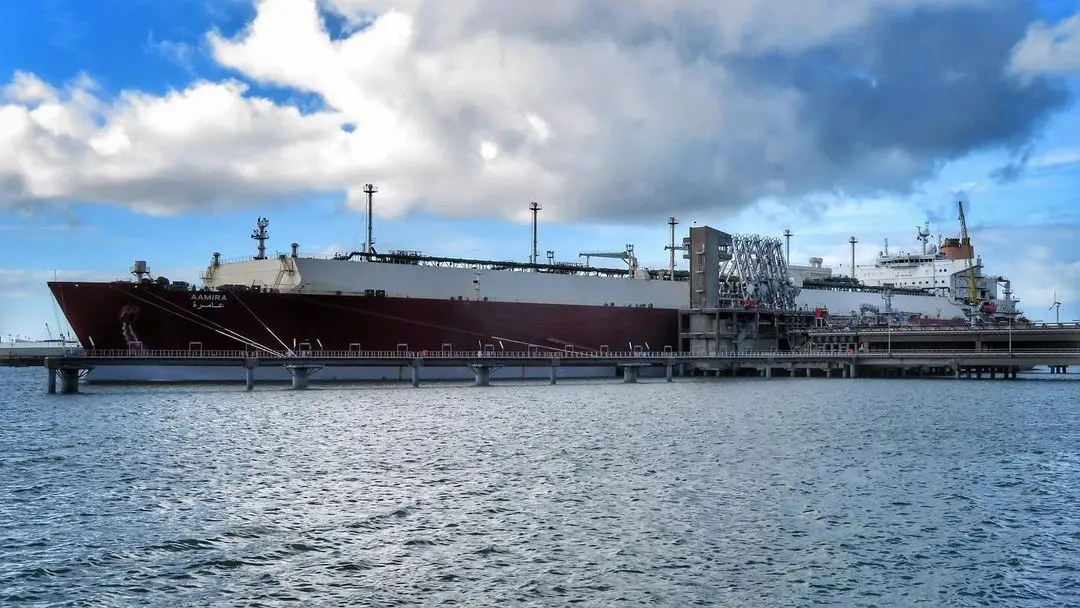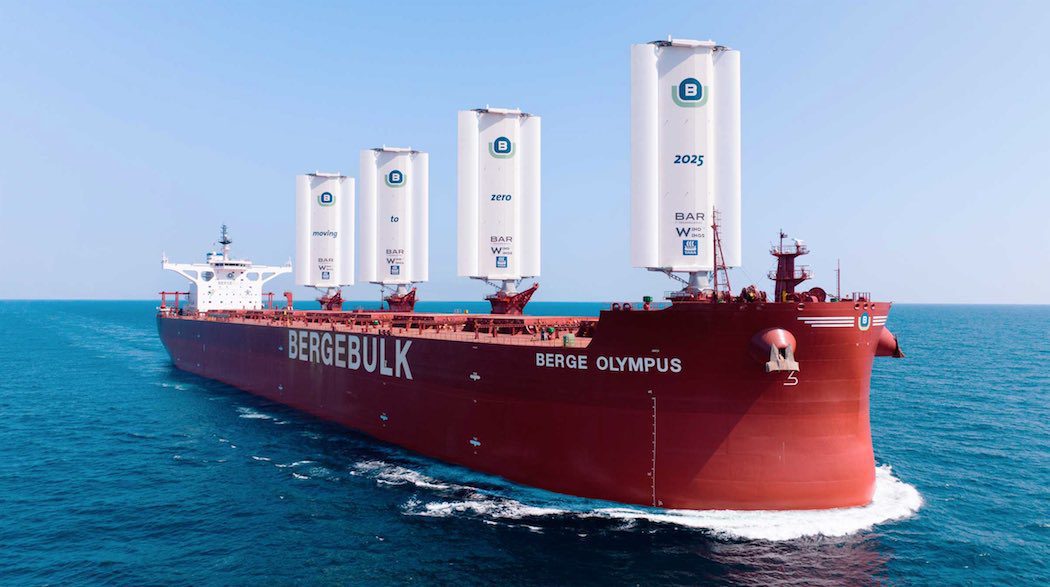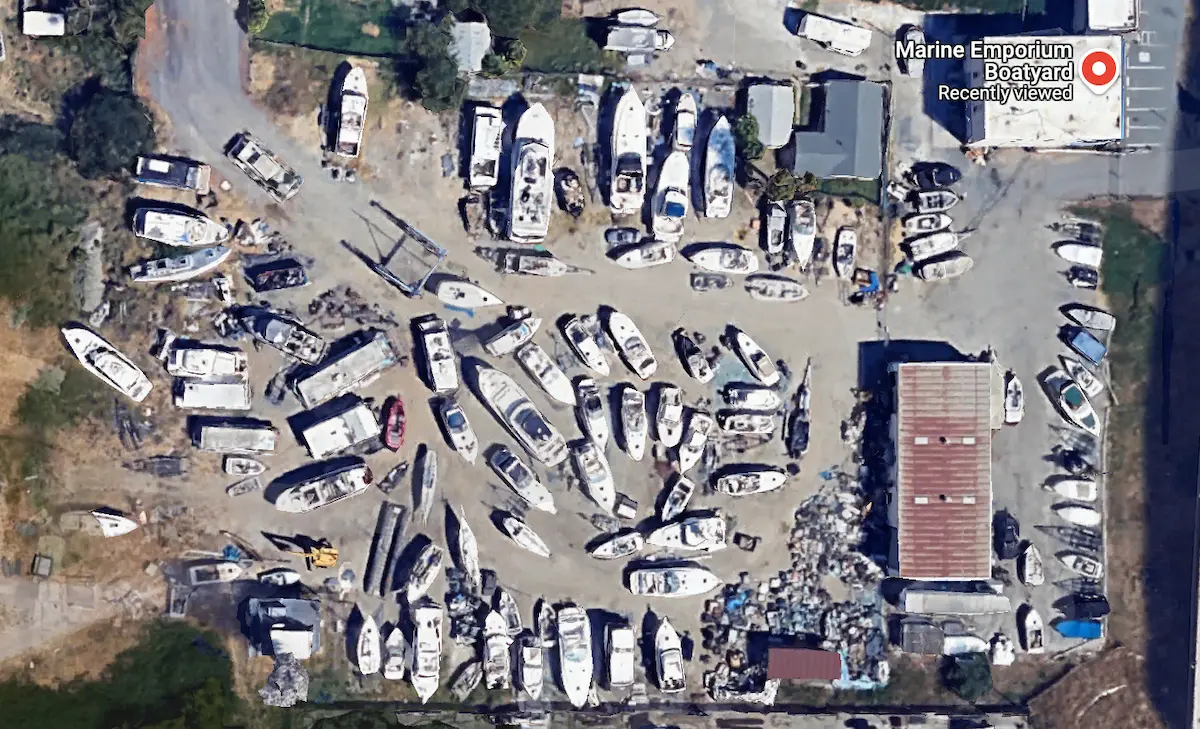It’s vital for ships to stay vigilant. Isolation from land means having no backup or protection for miles, making them vulnerable to attacks and other threats. The conditions may also bring about close encounters with crimes like illegal fishing and trade. Modern ships should be equipped using modern maritime security methods.
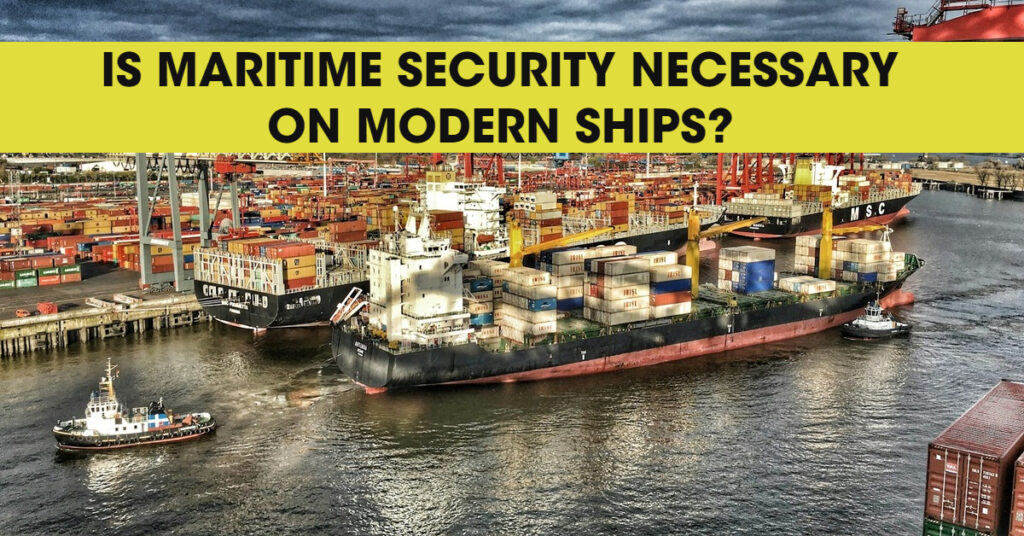
How Maritime Security Evolved Over the Years
Maritime security has existed for a while, even when ships were made of humble wood. The first safety regulations were adopted in 1914 after the Titanic disaster. They were amended at various times due to historical events involving piracy and terrorist acts.
One of the most influential incidents was the 9/11 attack in 2001. Most people viewed the maritime industry as a critical factor in the tragedies, as most perpetrators are speculated to have used overseas travel. Growing concerns about ships’ and ports’ vulnerability also started to gain more recognition.
Thus, the International Convention for the Safety of Life at Sea was established on July 1, 2004. Government agencies, local authorities and shipping industries work together under the SOLAS Act to enhance maritime security and protect against terrorism.
The Maritime Transportation Security Act (MTSA) — released on November 25, 2002 — also covers about 778,000 U.S. vessels and 587 ports. In addition to security threats, it aims to address workplace safety concerns and environmental hazards.
Do Modern Ships Need Maritime Security?
Modern ships are vastly different from the boats of the past. They feature high-quality manufactured materials and the latest technology. Their capabilities have also far surpassed earlier iterations, as they carry more and offer more amenities to travelers.
However, it may be because of those upgrades that modern ships need maritime security more than ever. As vessels advance, attackers are likely to get more crafty. Maritime security is imperative to get ahead of those interferences and prevent the incidents rather than facing the consequences.
Regulations like the MTSA require most ships to invest in maritime security and comply with its standards if they are within American territory and carry more than 150 passengers or 100 tons of cargo. However, other vessels are also welcome to follow the safety regulations.
Modern Maritime Security for Modern Ships
Modern ships should safeguard maritime operations and prioritize human life throughout their systems. Various security measures are in place to guard against threats.
Thorough Vessel Inspection
Modern ships should be up to standard regarding their design and features. However, they accumulate wear and tear throughout their trips. A vessel inspection is a good way to look for potential issues.
A vetting inspection also assesses the vessel’s compliance with international law and standards for maximum safety. SOLAS and the MTSA will usually have guidelines on how to configure and maintain ships for security.
Maritime Surveillance
Surveillance is also crucial in modern ships, both internally and externally. Bigger cruise ships will have cameras to watch for suspicious activity. The cameras also track passengers to ensure they don’t fall overboard during the trip.
Patrol boats, aerial surveillance and underwater vehicles are also in development. These creations offer vision and control in water territories. Some ships also introduce high-frequency radios that enable people to monitor and exchange information in real time with other ships.
Cybersecurity for Maritime Tech
Maritime technology has made communication and navigation much easier, but hackers will exploit vulnerabilities. To maintain software integrity, robust security measures like multi-factor authentication and identification are important.
Most hackers start their attacks by powering down the vessel, which lowers its overall defenses. Intrusion detection systems are vital to prevent these disasters, and securing the firmware also deters these incidents.
Maritime Security Guards and Training
Shipboard personnel should have basic maritime security training. Lay out the processes for identifying and reporting suspicious activities to managers. Use courses and drills to teach patrolling, search and rescue, and other urgent measures.
Other ship employees will have their responsibilities, but maritime security guards focus solely on upholding safety. Their presence alone can prevent crimes and disputes on the ship and at port.
Port and Checkpoint Security
All ships must return to land at some point, either for the end of a trip or a lack of fuel. Physical security measures like infrared sensors at these checkpoints detect dangerous weapons and prevent their presence onboard.
Biometric technology — such as fingerprint recognition and iris scanning — is also ideal for identity verification. Local law enforcement should get involved to prevent unauthorized access to the ships and harmful incidents.
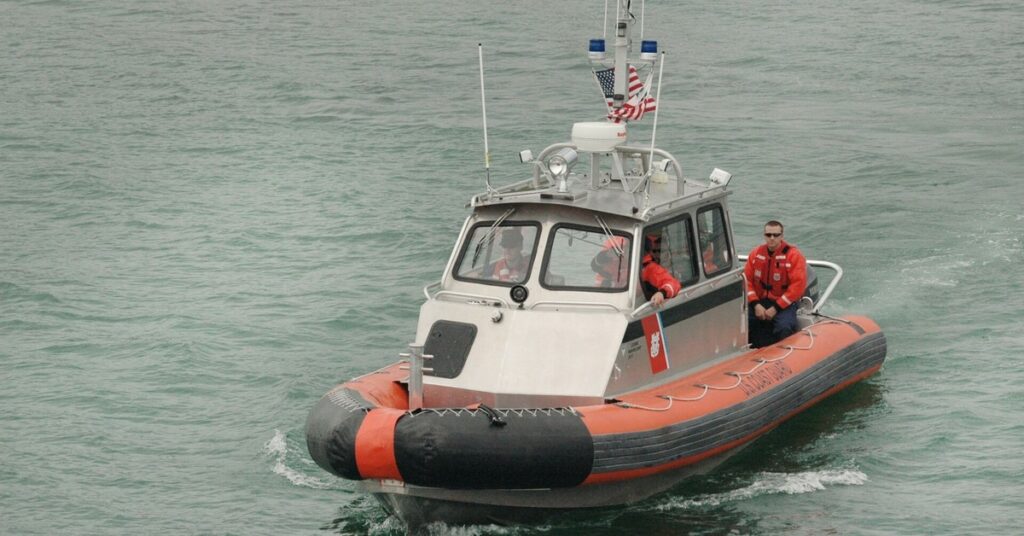
Issues Maritime Security Addresses
The maritime industry still faces challenges from the past, some more developed due to technology. Shipping industries must be wary of them during their journey.
Theft
Cargo ships are responsible for deliveries all around the world. Unfortunately, these valuables attract plenty of attention from thieves. Some people infiltrate the ships, while others steal while the vessel is at port.
A variety of items are stolen, from automobiles to computer hardware and even cash. In 2021, about $7 million worth of consumable goods were stolen in the United States. Barely half of it was recovered, which is quite a loss for the suppliers.
Trespassers
Most trespassers aim to steal, but some have other motives. Somali pirates hijack commercial vessels and request ransoms that can reach millions of dollars. These incidents happened frequently near Somalia and the Gulf of Aden.
Other trespassers may focus more on collecting intelligence to sell to other companies. Thus, ships should only allow documented crew members to get onboard to halt these threats.
Environmental Damage
Maritime security regulations emphasize the preservation of marine ecosystems. Illegal fishing practices can create imbalances in those ecosystems. They also cause global losses of up to $50 billion, affecting multiple countries’ tax revenues.
More widespread environmental damages like littering are also heavily discouraged. The maritime industry is already responsible for 3% of global CO2 emissions, which is expected to increase soon. Security officers must report such incidents if they happen.
Illegal Travel
Overseas travel is convenient, but some people may take advantage of it. It’s important to have the proper documentation of who goes in and out of territories.
Marine travel is also used for harmful operations like human trafficking. There are about 27 million victims worldwide, making it a key security issue in the maritime industry.
Maritime Trade
Maritime security should also monitor overseas trade. International disputes have impacted trade routes and partnerships. It’s imperative to prioritize the life and safety of crew members while traversing foreign waters.
Officers must also be vigilant of illegal maritime trade. Criminals exploit vulnerabilities and smuggle unlawful products and weapons into various countries. These imports and exports must be reported and dealt with in compliance with regulations.
Invest in Maritime Security
Maritime security is a necessity on modern ships. Newer developments do not make them immune to timeless threats. As those dangers evolve, making adjustments and securing vessels and people on them is paramount.
Frequently Asked Questions
Why is maritime security important?
Maritime security is important because it targets threats to preserve human life and safety. It also values the prevention of environmental hazards and financial losses.
Is maritime security mandatory?
Certain maritime security regulations like the MTSA make its standards mandatory for vessels carrying more than 150 passengers or 100 tons of cargo. Other modern ships may also follow the safety regulations.
How can modern ships achieve security?
Achieve maritime security by employing vessel inspection, surveillance and cybersecurity. It also helps to provide maritime safety training and port security.
Who is responsible for maritime security?
Governments, enforcers and maritime companies are all responsible for upholding safety in the marine industry. Maritime security guards and personnel should also contribute to these efforts.
What are the main concerns of maritime security?
Maritime security concerns consist of cargo theft, trespassers and environmental damage. Illegal travel and marine trade should also be monitored and reported.
- The 15 Most Exciting New Ships of 2025 – January 6, 2025
- How Old Do You Have to Be to Drive a Boat? – November 12, 2024
- The Engineering Behind Ice-Class Vessels – September 20, 2024

